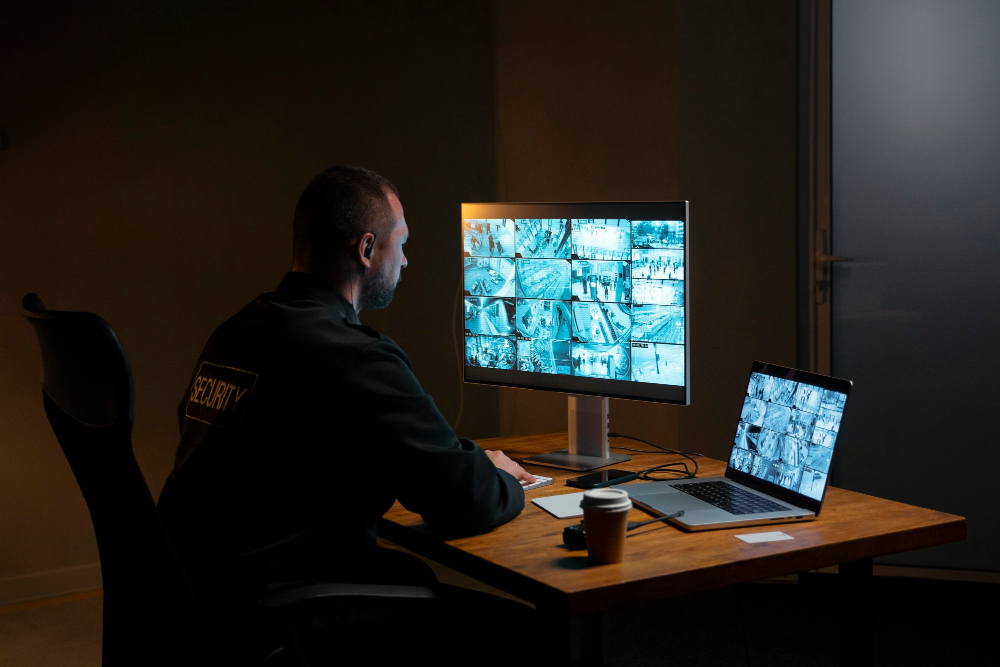In an increasingly digitized world, where much of our lives—personal, professional, and even illicit—transpires online, the need for specialists who can navigate this complex landscape has never been greater. Enter the forensic digital investigator, a professional who operates at the intersection of technology, law, and investigation, meticulously unearthing hidden truths within the vast expanse of digital data. Their work is often compared to that of a traditional detective, but instead of fingerprints and eyewitness accounts, they seek evidence in the form of deleted files, network logs, and encrypted communications.
The rise of cybercrime, corporate espionage, intellectual property theft, and even traditional crimes leaving digital footprints has propelled the computer forensics analyst into a pivotal role within law enforcement, private corporations, and government agencies. Their expertise is indispensable for solving intricate cases, ensuring justice, and safeguarding valuable digital assets.
The Digital Battlefield: What a Forensic Digital Investigator Does
At its core, the work of a computer forensics analyst involves the systematic collection, preservation, analysis, and presentation of digital evidence. This process is highly specialized and demands a unique blend of technical acumen, legal understanding, and investigative prowess.
1. Data Acquisition and Preservation: The Foundation of Integrity
The very first and arguably most critical step in any digital investigation is the proper acquisition and preservation of data. Imagine a crime scene where physical evidence is mishandled or contaminated; similarly, digital evidence can be easily altered, corrupted, or destroyed if not handled with extreme care. A skilled forensic digital investigator employs specialized tools and techniques to create forensically sound copies of digital media, ensuring the original data remains untouched. This involves creating “bit-for-bit” copies, often referred to as disk imaging, from hard drives, mobile phones, USB drives, cloud storage, and even volatile memory (RAM). Maintaining a strict chain of custody is paramount, documenting every step to ensure the admissibility of evidence in legal proceedings.
2. Unearthing the Hidden: Analysis and Recovery
Once the data is securely acquired, the real detective work begins. Digital investigators delve into the acquired data, often sifting through terabytes of information to locate relevant evidence. This process involves the use of sophisticated forensic software to:
- Recover Deleted Files: Contrary to popular belief, deleting a file doesn’t always permanently erase it. Often, only the pointers to the file are removed, making the data recoverable with the right tools.
- Analyze Metadata: Every digital file carries metadata – data about data. This can include creation dates, modification dates, author information, and even GPS coordinates, all of which can provide crucial insights into a file’s history and origin.
- Examine Internet History and Network Activity: Browse history, email communications, chat logs, and network traffic can paint a detailed picture of a user’s online activities and connections.
- Decipher Encrypted Data: With the prevalence of encryption, a forensic digital investigator often encounters encrypted files or communications. While not always possible, they utilize various techniques and tools to attempt decryption, which can unlock vital evidence.
- Carve for Artifacts: Even in fragmented or corrupted data, investigators can often “carve out” specific types of files or data fragments, reconstructing pieces of information that might otherwise be lost.
3. The Courtroom and Beyond: Reporting and Expert Testimony
The findings of a computer forensics analyst are often presented in legal settings. This requires not only meticulous documentation of their process and findings but also the ability to articulate complex technical information in a clear and understandable manner to non-technical audiences, such as judges and juries. They may be called upon to provide expert testimony, explaining their methodologies, the significance of their findings, and the implications of the digital evidence. Their reports are detailed, comprehensive, and objective, serving as a critical component in legal proceedings.
The Essential Skillset: What it Takes to Be a Forensic Digital Investigator
The demanding nature of this field requires a diverse set of skills and a continuous commitment to learning:
- Technical Proficiency: A deep understanding of operating systems (Windows, macOS, Linux), file systems, networking protocols, programming languages, and various software applications is fundamental.
- Investigative Mindset: Like any good detective, a computer forensics analyst needs strong analytical skills, attention to detail, a curious nature, and the ability to connect seemingly disparate pieces of information.
- Legal Acumen: Familiarity with relevant laws, regulations, and legal procedures concerning digital evidence is crucial for ensuring the admissibility and integrity of their findings.
- Problem-Solving Abilities: Each case presents unique challenges, requiring creative thinking and adaptability to overcome technical hurdles and uncover elusive evidence.
- Communication Skills: The ability to communicate complex technical concepts clearly, both verbally and in written reports, is vital for collaboration with legal teams and for providing expert testimony.
- Ethical Conduct: Maintaining objectivity, adhering to ethical guidelines, and ensuring the integrity of evidence are paramount in this field.
The Evolving Landscape: Challenges and Future of Digital Forensics
The digital world is in a constant state of flux, and so too is the field of digital forensics. New technologies, encryption methods, and cybercrime techniques emerge regularly, presenting ongoing challenges for investigators. Cloud computing, the Internet of Things (IoT), and artificial intelligence are just a few areas that are rapidly expanding the scope of digital investigations.
Despite these challenges, the future of the forensic digital investigator is undoubtedly bright and increasingly essential. As our lives become even more intertwined with the digital realm, the demand for these specialized professionals will only continue to grow. They are the guardians of digital truth, playing a vital role in upholding justice, protecting individuals and organizations, and ensuring the integrity of our increasingly digital society. Their work, though often unseen, forms the bedrock of many successful investigations in the modern age, making the digital world a safer and more accountable place for all.
